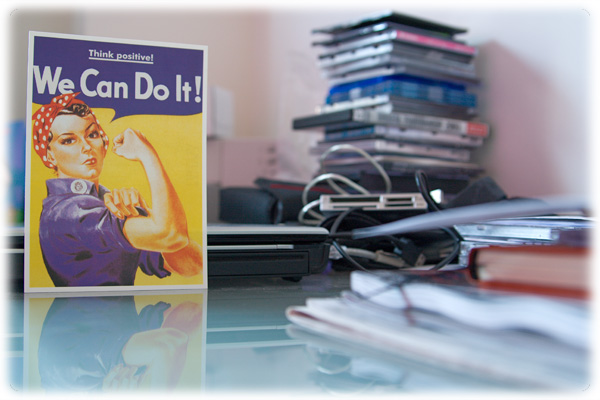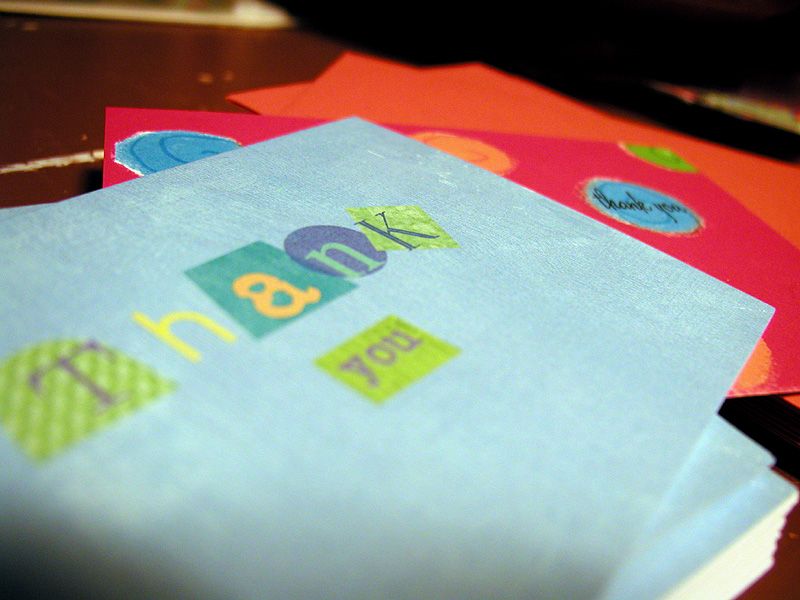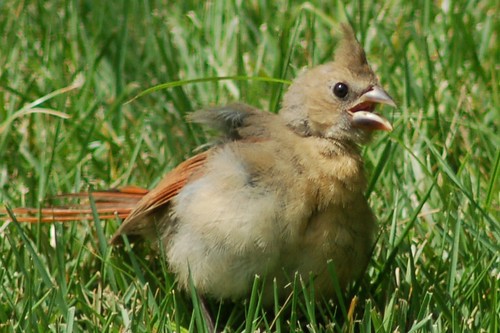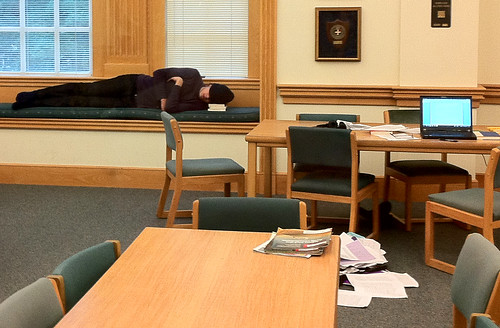After 6 months working in the industry, I feel like I’m finally starting to map out the stepping stones of progression I’ll need to conquer to get where I want to be in my career.
As I’ve addressed what a good PR needs and what difficulties there are to overcome in the industry, I thought it’d be a good idea to look at the other side of the coin – the qualities about me that mean I might just struggle. This goes on the premiss that knowing your downfalls means you can grow as a person – I’ll try to anyway!
As a personal therapy, and in an effort to help others who suffer from my afflictions, I’ve documented my downfalls and my plans to improve.
So, here goes, the assassination of Jessica.
Stresshead
Or as my mother likes to call me, “mardy cow”. In truth, I only earn that nickname when I’m driving, something about someone cutting me off just really grinds my gears (terrible pun intended). It takes very little to put me in a tiz, although I normally tiz-away in silence. I’d like to think I’m like a duck – all calm on the surface but paddling like heck underneath. Perhaps this is a good way to be, and to an extent I’d agree, but I most certainly need to take a chill pill.
I find I wind myself up about deadlines and quality of work more than any sane human should – I lose sleep because I’m constantly thinking of what to write for a project that isn’t due for another two weeks, I rarely take time to just relax because of all those deadlines (that are months away) that are on my mind, and I lose concentration on one project because I’m too busy stressing about the other one.
Not only this, but I’ve found grey hairs already – and as a 20-year-old woman you can probably guess that this sent me into an even bigger tiz.
TO DO: Plan in ‘me-time’ during the week and at weekends away from anything resembling work, but make sure this time is mentally stimulating – go see a film, read a non-academic book, maybe even just dye out the grey hairs… I’m going to commit to putting my phone and laptop away for 2 hour slots so I physically cannot look at work or respond to emails – catching up on sleeping time and having time to personally relax shall no doubt help my concentration and even more importantly, reduce the rate of grey hairs appearing.
Worrier
Whether I’m writing for a newspaper supplement, for a client’s web page or even just an email, I am constantly over-thinking the way I write. Is that too formal? Perhaps add in some humour to be more personable? No, wait, is that too informal now? It’s a bit of a merry-go-round.
I’m pleased I care so much to worry over such trivial things like emails, but worrying is time-consuming and adds to the grey hair issue I’ve developed. It’s almost as though I’m stepping on egg shells with myself, trying my utmost to avoid looking like a fool.
TO DO: Accept little things like a typo in an email are inevitable. Finding the right level of formality with a client is going to take time, just take it easy. Mistakes happen, and unfortunately I’ve felt the burning red face of messing up, but I’ve learned from those times. While I will still devote the necessary time to avoid mishaps, I’m determined to learn from bad situations rather than simply worry about them happening and how to move on from them.
Most of my readers will be PR students, so if there’s one thing you take from this post, I hope that it’s to remember – you’re only human.
From listening to lecturers, guest speakers and working in a few different environments I’ve learned that the professional world tends to ask for more than you’re capable of. But instead of stressing and worrying (like I tend to), learn from mistakes, take all of the stress in your stride – remember you have a life beyond work that keeps you sane and keeps you good at what you do – don’t lose yourself in fighting to get to the top.


































